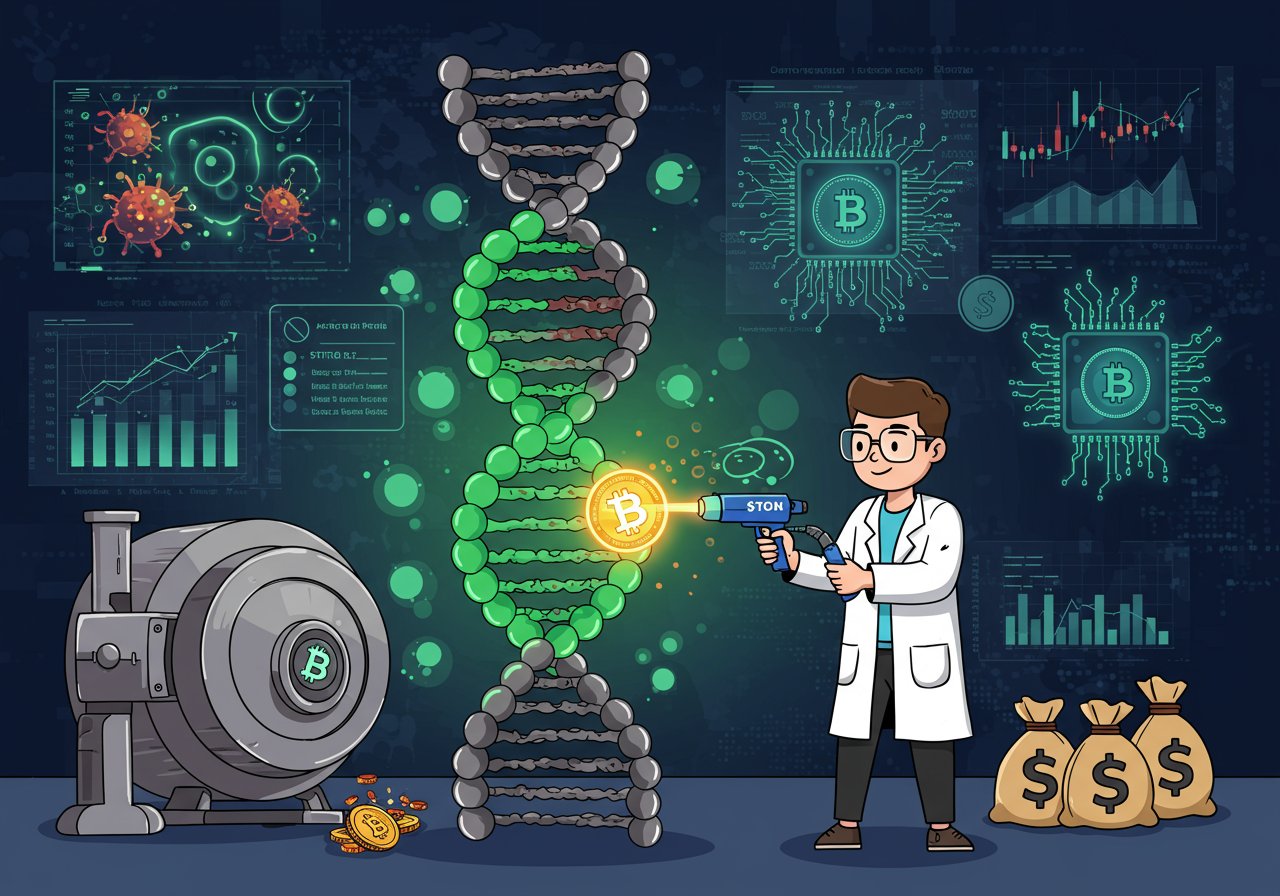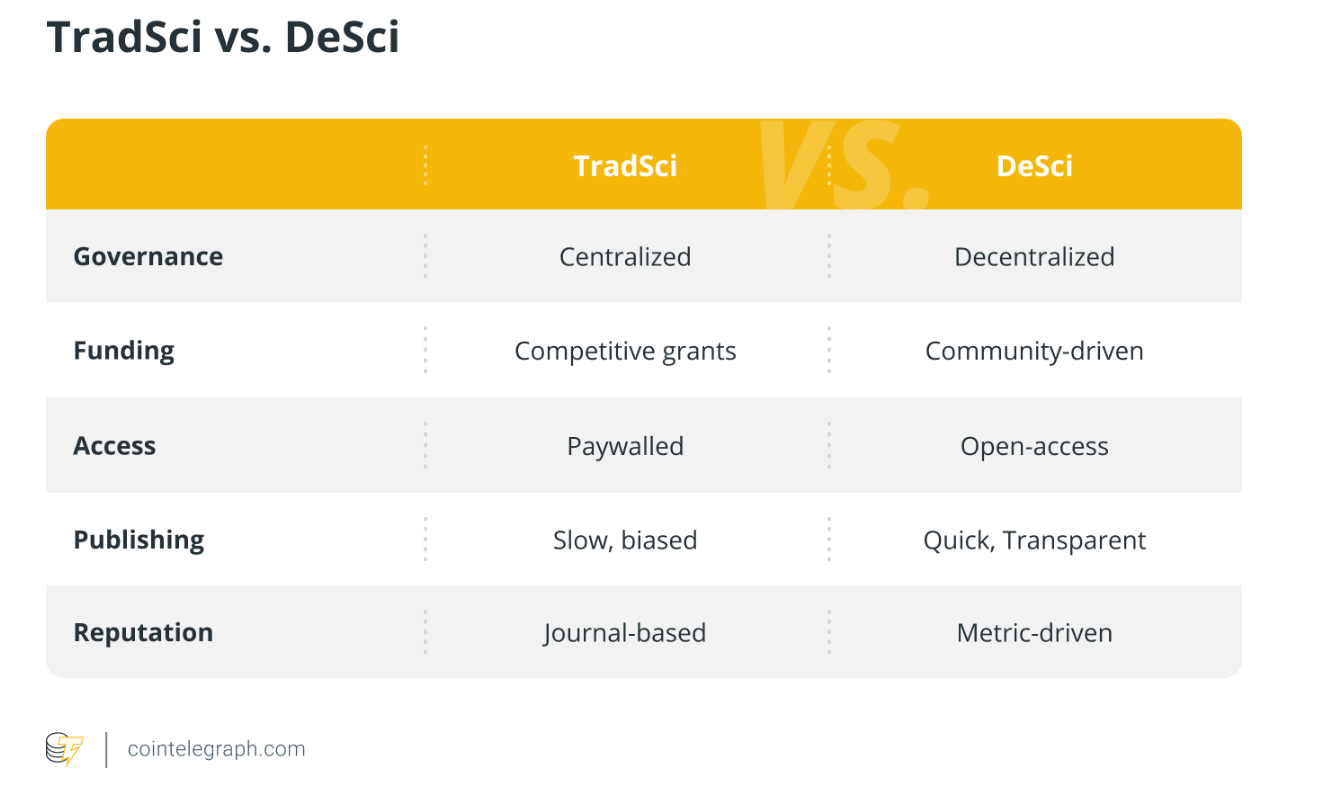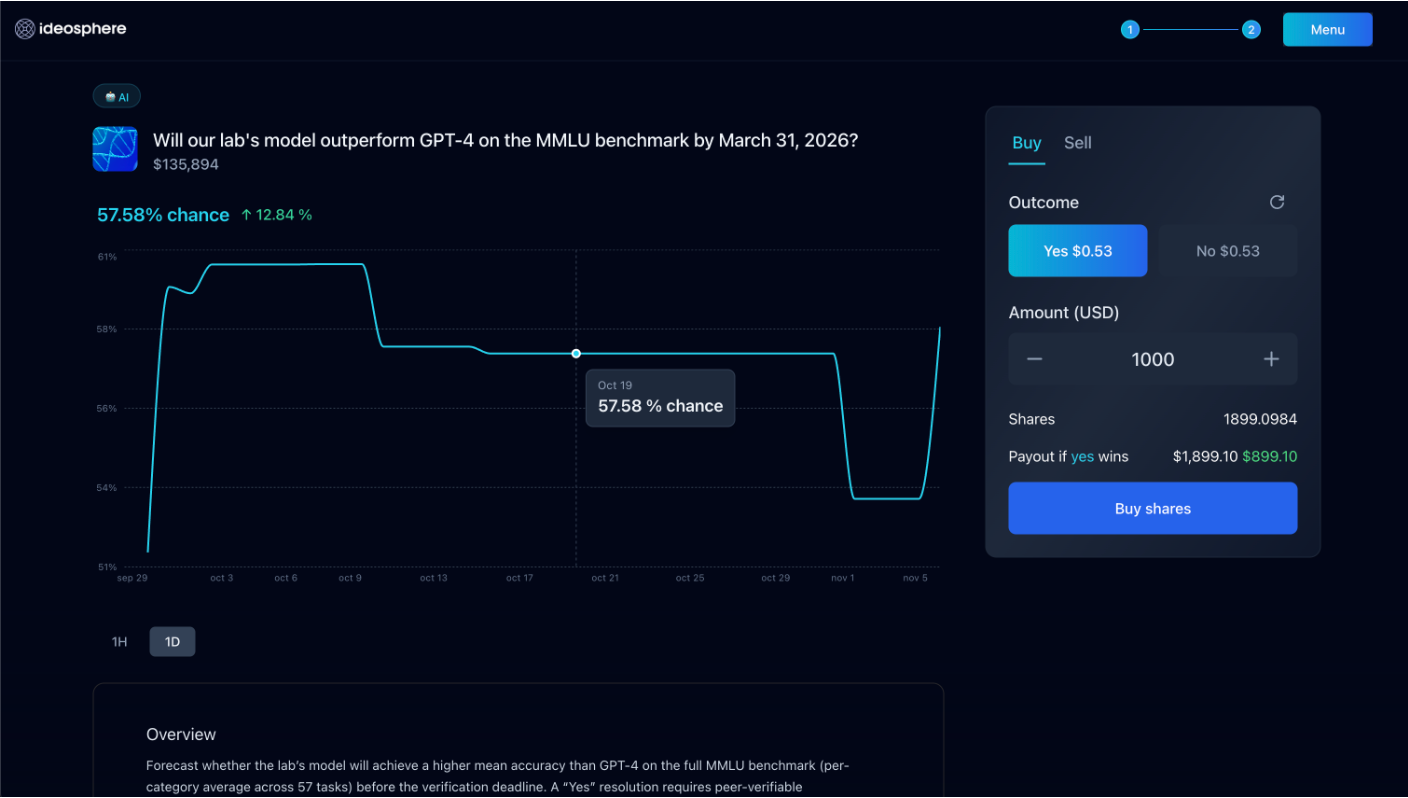
Decentralized Science: A Paradigm Shift
The convergence of cryptocurrency treasuries and blockchain technology is fundamentally altering the landscape of scientific research, particularly in fields like biomedicine. This emerging trend promises to dismantle the limitations of traditional funding models, potentially accelerating breakthroughs and democratizing access to crucial resources. The established system, often characterized by lengthy bureaucratic processes and restrictive funding criteria, is increasingly seen as a bottleneck for innovation. Decentralized science (DeSci) offers a compelling alternative, leveraging the transparency and efficiency of blockchain to foster a more agile and equitable environment.

Crypto Treasuries as a Funding Source
A prime example of this shift is the emergence of crypto treasury strategies, where companies are utilizing digital assets to fund research initiatives. Portage Biotech’s pivot to a Toncoin (TON) treasury model exemplifies this approach. By participating in staking and investing in the Telegram ecosystem, they generate revenue that is then channeled into cancer research. This allows for a more dynamic and responsive funding mechanism compared to the often slow-moving processes of traditional grants and investments. The move highlights the potential for digital assets not only as a store of value but also as a powerful tool for operational income and reinvestment in critical areas of scientific inquiry.
Real-World Asset Tokenization (RWA) and Beyond
The exploration of real-world asset tokenization (RWA) further underscores the innovative spirit of DeSci. Tokenizing intellectual property, company equity, or future profits from research projects could unlock new avenues for funding and investment. This approach has the potential to remove barriers to research funding and enable broader participation in scientific endeavors, providing a more liquid market for research-related assets. Furthermore, it creates incentives for greater transparency and accountability, as the value of these tokens is directly tied to the success of the underlying research.
Prediction Markets and the Power of Crowdsourced Intelligence
Decentralized science is also experimenting with prediction markets, like those envisioned by Ideosphere. These platforms harness the collective intelligence of traders to evaluate early-stage research hypotheses. Researchers can propose ideas, and traders can speculate on their potential, with a portion of the spread going back to the researchers. This creates a marketplace of ideas, where financial incentives align with the pursuit of scientific truth. By facilitating the crowd sourcing of information in research, DeSci streamlines the process of validating hypotheses and discovering groundbreaking research.

The Rise of AI in Scientific Research
Platforms like Bio Protocol are integrating artificial intelligence, blockchain, and community engagement to revolutionize drug discovery. Backed by Animoca Brands, Bio Protocol’s approach underscores the integration of cutting-edge technology into scientific methodologies. This AI-driven research market has the potential to reshape how research is conducted, improving efficiency and accessibility. The growing interest in longevity and biohacking further fuels the enthusiasm for these developments, reflecting the desire to improve lives with a science-backed approach.
Challenges and the Road Ahead
While the prospects for DeSci are undeniably exciting, the field is still in its nascent stages. Regulatory uncertainties and the complexities of integrating blockchain technology into established scientific workflows remain challenges. Nevertheless, the momentum is undeniable. With the evolution of crypto treasuries, the emergence of RWA and the development of new market structures, DeSci represents a promising evolution that could reshape the future of scientific research and unlock faster, more accessible advances for the benefit of all.


